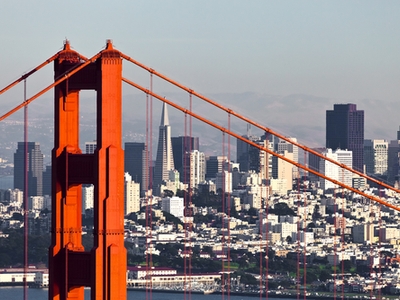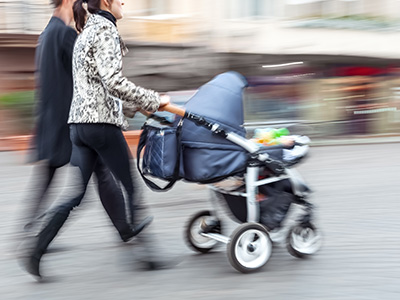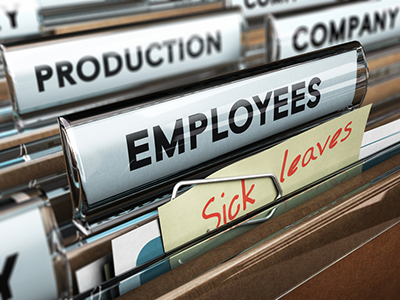San Francisco recently added significant teeth to its “Fair Chance” ordinance, which is designed to give applicants who have criminal histories a chance to get their foot in the door without being automatically disqualified.
This is the next step in the “ban the box” movement, for which several cities, counties and states have passed laws restricting employers from inquiring about a job applicant’s criminal background. The term “ban the box” refers to questions on an employment application that ask a job applicant about past convictions. Proponents of “ban the box” laws argue they will help remove unfair employment barriers to job applicants with criminal histories.
In California, San Francisco and Los Angeles have instituted “Fair Chance” ordinances that require employers to state on their job postings that an arrest or conviction will not automatically disqualify a qualified application from consideration from employment. Recent amendments to the San Francisco Fair Chance Ordinance went into effect on October 1, 2018. These amendments:
- Expand the scope of the law to cover any employer with 5 or more employees. Previously, the law covered employers with 20 or more employees.
- Prohibit employers from inquiring about a person’s criminal history until after a conditional offer of employment has been made.
- Prohibit employers from considering any convictions for decriminalized behavior (e.g., marijuana related convictions). Previously, the law had allowed such inquiries for convictions that were seven years old or less.
- Increase penalties for non-compliance from a per-violation maximum of $100 to $2,000.
- Direct that penalties must be paid directly to affected employees. Penalties were previously paid to the City.
- Creates a new private right of action for any employee or applicant whose rights have been violated. Previously only the City Attorney could sue to enforce the law.
- Requires that covered employers display a new poster in the workplaces as of October 1, 2018.
In addition to fair chance ordinances like San Francisco’s, California employers must also be mindful of other recent legislation that will have an impact on the hiring process, including state-wide legislation enacted in July 2018 that prohibits employers from inquiring into the salary history of their applicants. More on that here.
As always, employers are well advised to reach out to Orrick counsel for assistance navigating this complex area of law.







